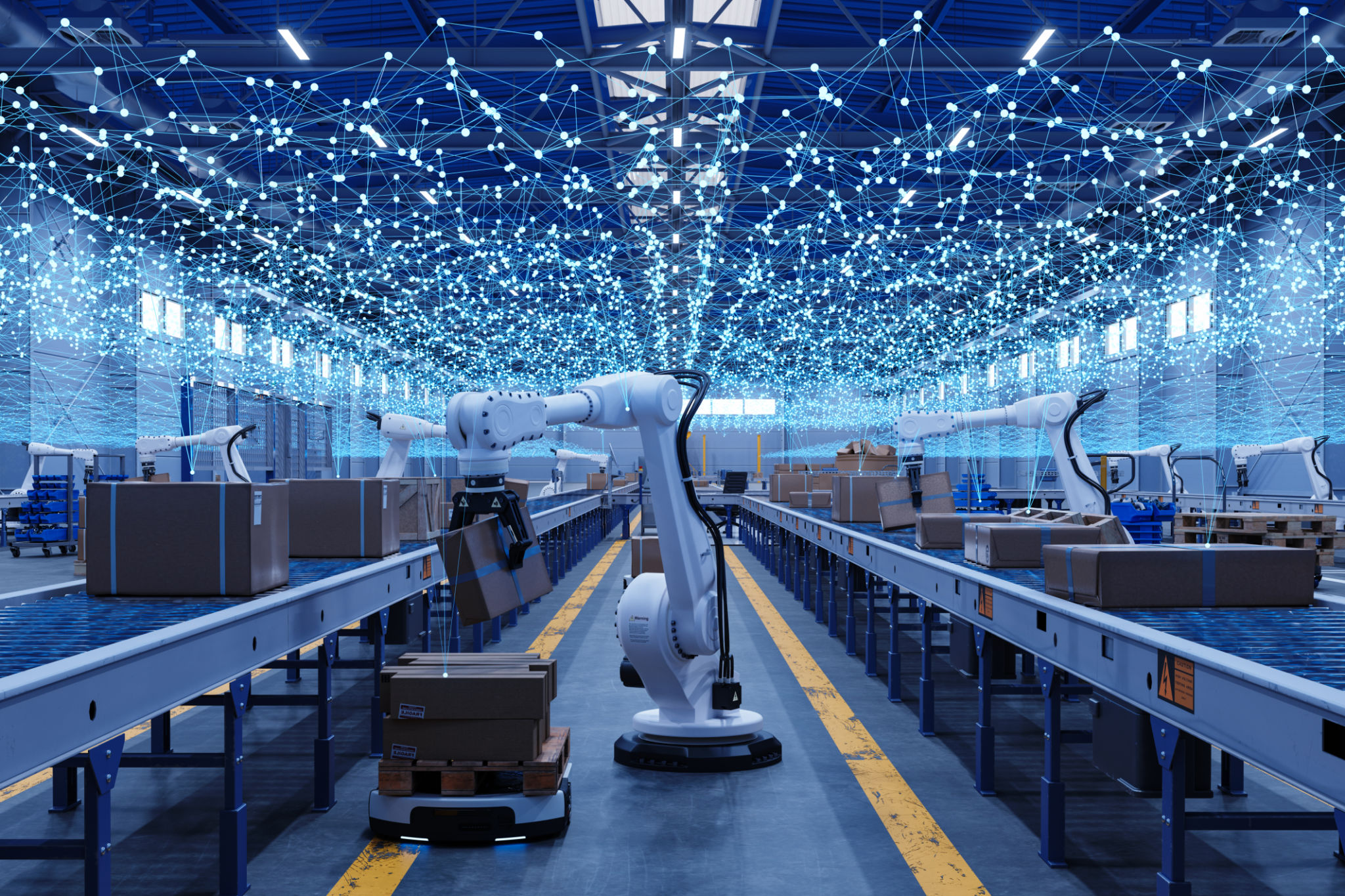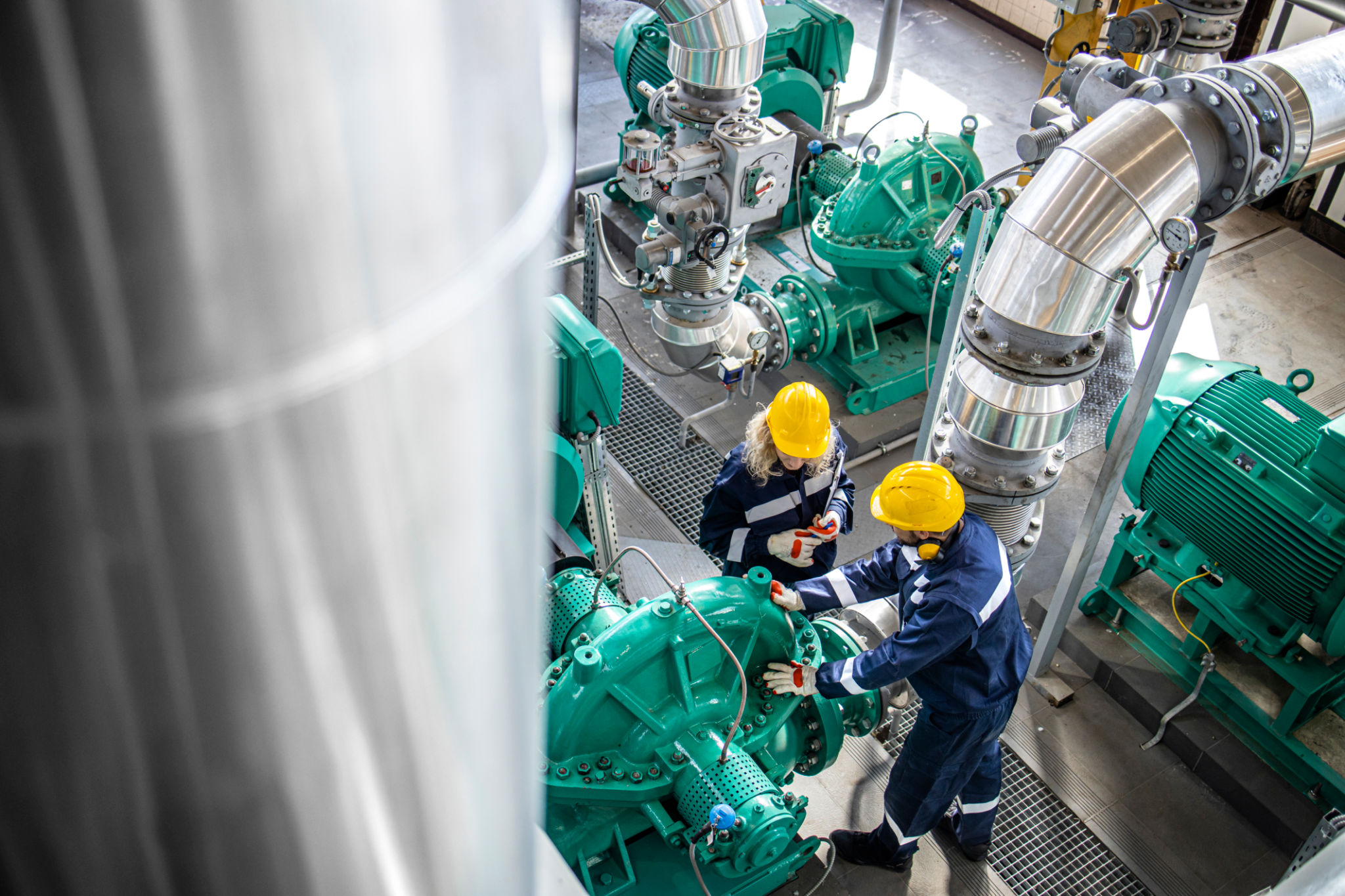Leveraging Technology for Sustainable Growth in Manufacturing
Introduction to Sustainable Growth in Manufacturing
In today's rapidly changing world, the manufacturing sector faces increasing pressure to adopt more sustainable practices. Leveraging technology offers a path towards achieving sustainable growth while enhancing efficiency and productivity. By integrating innovative solutions, manufacturers can reduce their environmental footprint and meet the demands of an eco-conscious market.

The Role of Automation and Robotics
Automation and robotics have revolutionized the manufacturing industry by streamlining operations and minimizing waste. Implementing automated systems not only improves production efficiency but also reduces energy consumption. Advanced robotics can handle complex tasks with precision, reducing errors and material wastage. As a result, manufacturers can achieve higher yields with fewer resources.
Furthermore, automation allows for real-time monitoring and data collection, enabling manufacturers to make informed decisions swiftly. This capability is crucial for optimizing processes and ensuring sustainable growth in the long term.
Smart Manufacturing and the Internet of Things (IoT)
The integration of IoT in manufacturing processes has paved the way for smart factories. IoT devices collect data from various machinery and equipment, providing insights into performance and maintenance needs. By leveraging this data, manufacturers can anticipate equipment failures and schedule maintenance proactively, reducing downtime and resource wastage.

Moreover, IoT-enabled systems facilitate better inventory management by providing real-time updates on stock levels. This ensures optimal resource utilization and reduces excess inventory, contributing to sustainability efforts.
Energy Efficiency Through Advanced Technologies
Energy consumption is a significant concern for manufacturers aiming for sustainability. Adopting advanced technologies like energy-efficient machinery and renewable energy sources can drastically reduce a factory's carbon footprint. Technologies such as smart grids and energy management systems help monitor energy usage patterns, allowing manufacturers to optimize consumption.
Additionally, innovations like additive manufacturing or 3D printing are transforming the way products are made. This technology minimizes material waste by building products layer by layer, only using the material necessary for each component.

Data Analytics for Improved Decision Making
Data analytics plays a pivotal role in driving sustainable growth. By analyzing data collected from various processes, manufacturers can identify inefficiencies and areas for improvement. Predictive analytics helps in foreseeing market trends and adjusting production accordingly, reducing overproduction and waste.
Furthermore, data-driven insights empower manufacturers to develop more sustainable products by understanding consumer preferences and environmental impacts better.
Conclusion: The Path Forward
Embracing technology is essential for manufacturers striving for sustainable growth. By integrating automation, IoT, energy-efficient solutions, and data analytics into their operations, manufacturers can significantly enhance their sustainability efforts. As the industry continues to evolve, staying ahead with technological advancements will not only boost productivity but also ensure a smaller environmental footprint.
Ultimately, leveraging technology for sustainable growth is not just a trend but a necessity in today’s competitive market landscape. Manufacturers who adapt will not only thrive economically but also contribute positively to the environment.
